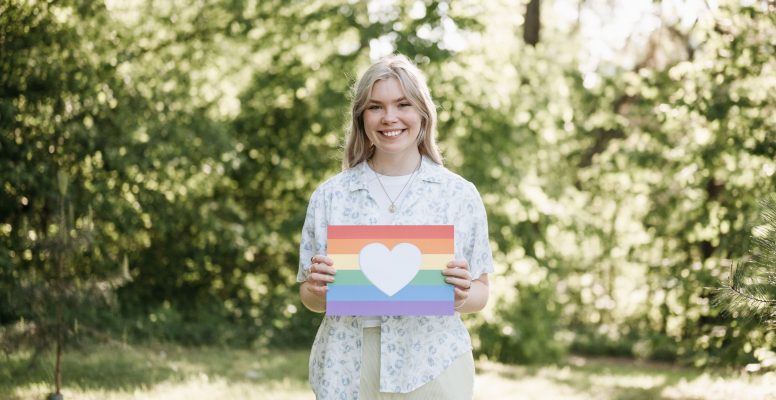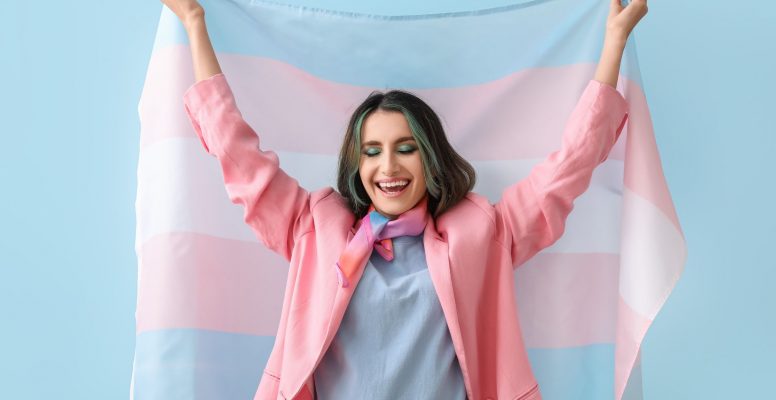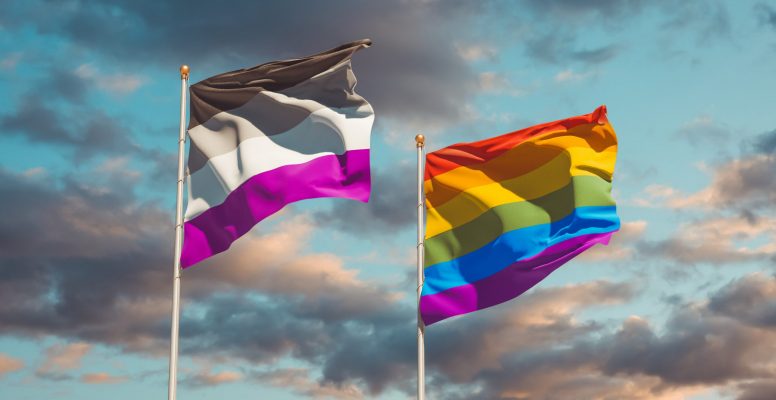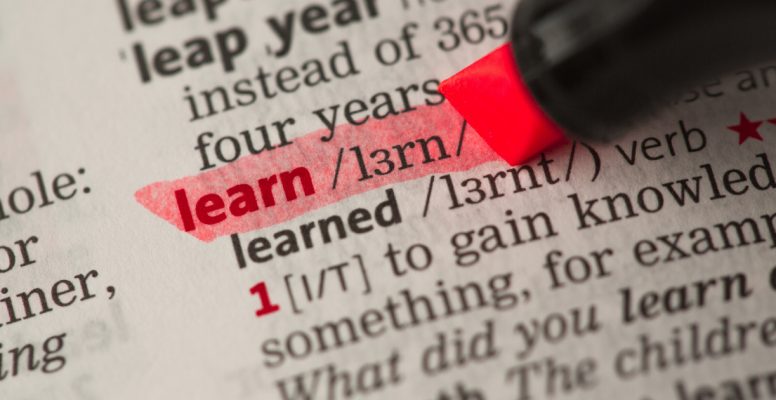Written By: Anny Bae, Clinical Trainee at ACS, Outlet Program WHAT IS PRIVILEGE?The concept of privilege refers to any automatic, unearned benefits and advantages awarded to members of dominant social groups, such as racial, gender, or sexual orientation identities (Case et al., 2012a; McIntosh, 1998). These privileges then operate on further intersecting identities (i.e., gay […]
Written By: Leslee Dominguez, Clinical Trainee at ACS, On-Campus Counseling Program ADOLESCENTS FACElife stressors like academics, relationships, food instability, economic instability, and many more stressful events. Additionally, youth who have marginalized identities have additional stressors that many might notice but do not discuss. These marginalized identities include being a part of the LGBTQIA+ community, being […]
Written By: Andrea Antonio, Clinical Trainee at ACS, Outlet Program WHAT IS TRANS JOY?Trans joy is a radiant celebration of authenticity and profound happiness that arises from living as one’s true, genuine self, liberated from the constraints and expectations imposed by society. It transcends the conventional narratives that often focus solely on the adversities faced […]
Written By: Kennedy Rothenbuescher, Clinical Trainee at ACS, Outlet Program IN LIFEwe want to make sure that everyone feels included, but what happens when both the LGBTQ+ community and the heterosexual community exclude people who are bisexual? Individuals who are bisexual tend to be outcasted from the LGBTQ+ community, as well as the heterosexual community, […]
Written By: Tucker Chopp, Clinical Intern at ACS, Outlet Program what is asexuality? Broadly speaking, it refers to folks who do not experience sexual attraction to others. “Asexual” or “Ace” is often used as an umbrella term to refer to people who consider themselves to be included in the asexual community. A lack of sexual […]
Written By: Nat Bricker, Clinical Intern at ACS, Outlet Program for many individuals, the winter holidays can bring a variety of different emotions, from overall positivity and joy, to significant stress. The emotional well-being of LGBTQ+ youth during the holidays is particularly impacted by family dynamics and levels of family acceptance. It is important for […]
Written By: Nat Bricker, Clinical Intern at ACS, Outlet Program THE RECENT ELECTIONS in November 2020 were accompanied by significant stressors for many people. These stressors were particularly salient for individuals holding minoritized identities whose rights hang in the balance. In particular, there have been a number of recent anti-LGBTQ+ policies enacted and proposed, so, […]
Written By: Rey Boone, Clinical Intern at ACS, Outlet Program why is language important? Sharp (2015) emphasized the importance of language in the connection of people worldwide and how it ties them to their history and roots; this author also highlights how certain languages are in danger of dying out permanently and the connections being […]
Written By: Rey Boone, Clinical Intern at ACS, Outlet Program “ally” is a word in the LGBTQ+ community that is commonly used to mean a non-queer (straight/cisgender) person who sympathizes with the queer cause and is willing to stick their neck out if necessary. This person typically has gay, lesbian, or transgender friends or family […]
Written By: Brittani DeCloedt, Clinical Intern at ACS, On-Campus Counseling Program PRONOUNS: AN EXPLAINER Pronouns are used in everyday language in reference to people and things. In the English language, the pronouns used most frequently are: I, you, she, her, he, him, they, and it. “I”, “you”, “they”, and “it” would be considered gender neutral, […]










